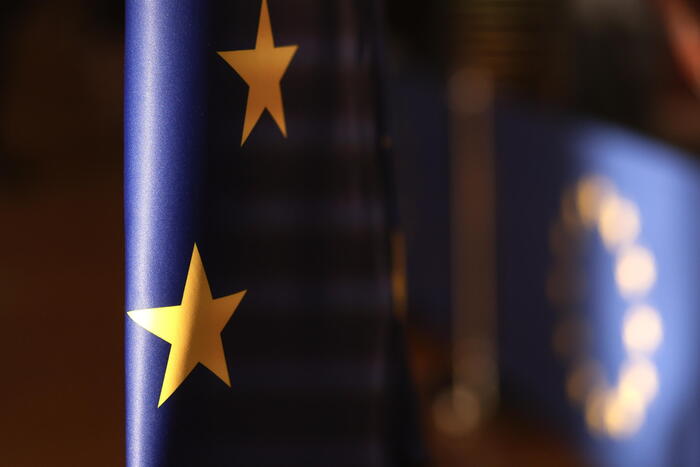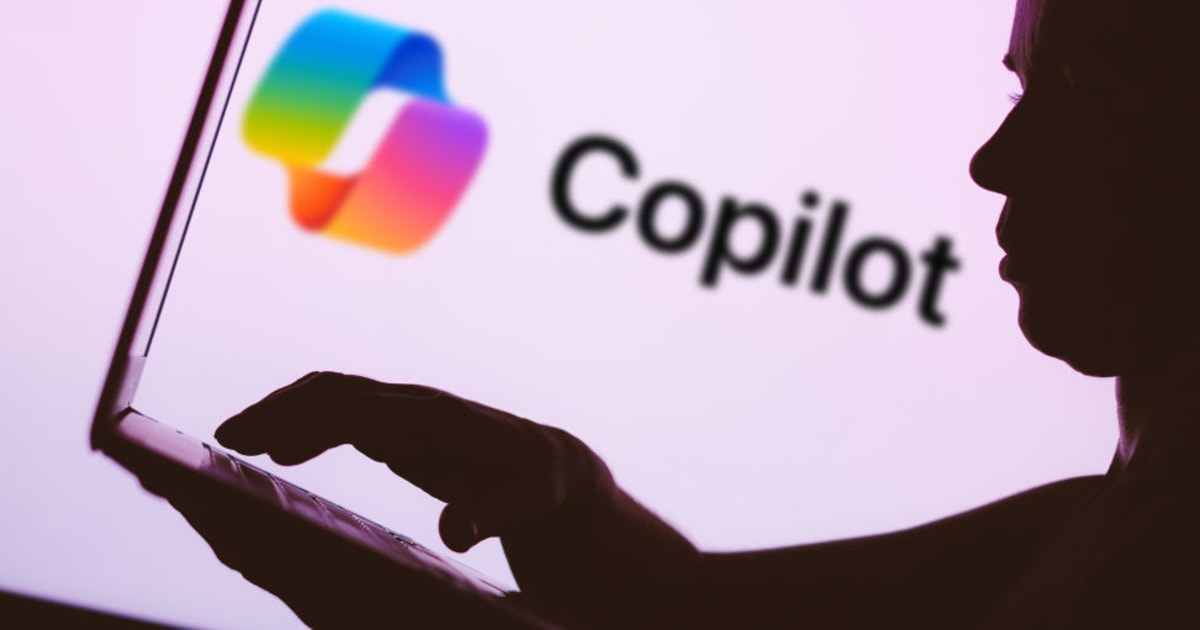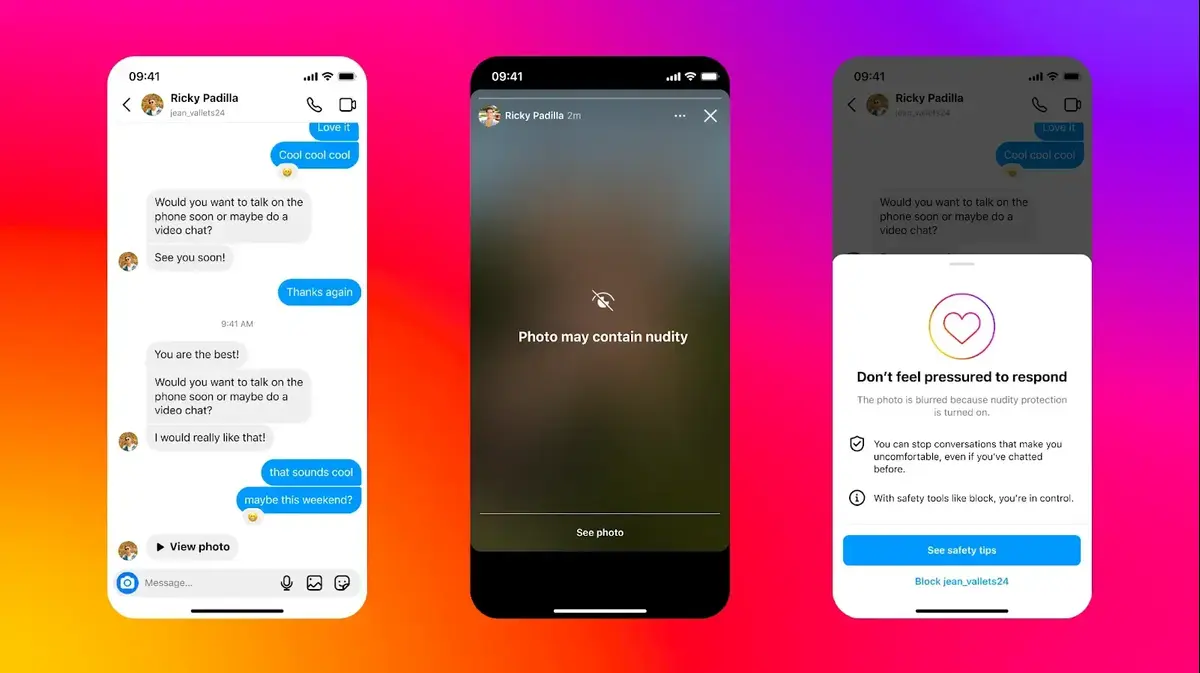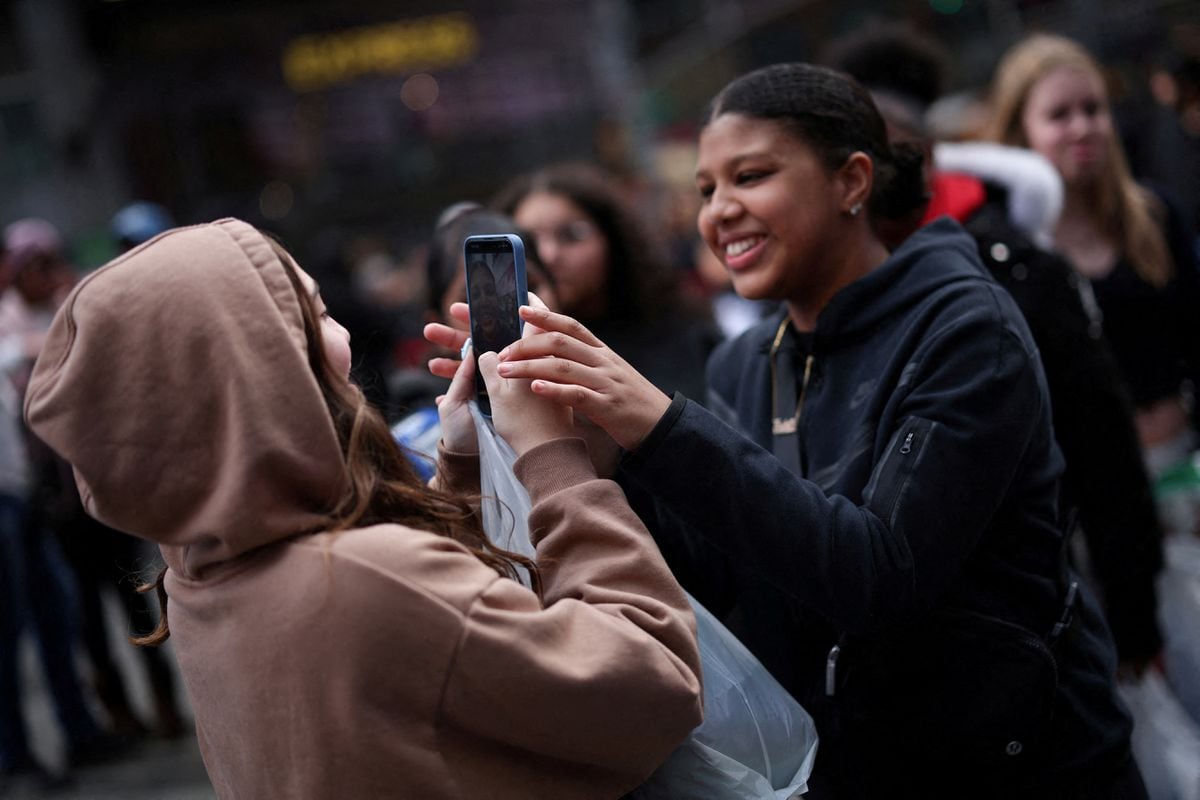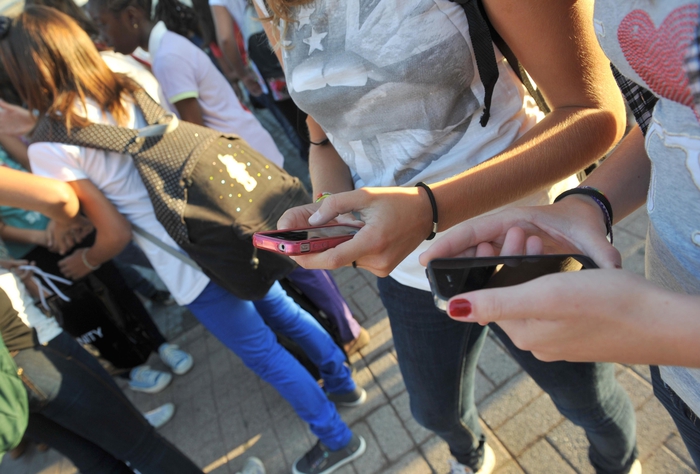Instagram app on a smartphone.picture alliance / dpa / picture alliance via Getty I
Facebook has conducted internal studies on the toxicity of Instagram, a social network of the company, in the last three years.
The results conclude that it is harmful for a substantial group of users, especially adolescent girls.
"32% of the girls say that when they feel bad about their body, Instagram makes them feel worse," says one of the reports, from March 2020. The documents contrast with the public statements made by the founder of the company , Mark Zuckerberg, and Adam Mosseri, chief executive of Instagram, in which they have tended to relativize the platform's danger to the self-esteem of its users.
More information
Platforms suddenly improve the protection of children.
But they still don't know who is younger
Facebook prepares a version of Instagram for children under 13 years
The details come from an investigation by the American newspaper
The Wall Street Journal
called
The Facebook Files.
Information on Instagram is the second installment.
The first came out on Monday and revealed the existence of a group of five million famous Facebook users who are not subject to the same moderation criteria as the rest.
If a normal Facebook user writes something explicitly violent or shows a nude, the network suppresses the publication.
With these VIP users, moderation takes longer or is not even applied, in large part to avoid negative publicity among their followers and the echo of the press.
The thread that connects the two installments of the
Journal
is the distance between what Facebook says in public and the complex internal debates with its own data. One of the big external complaints to Facebook and other social networks when there is a scandal is that only they know what really happens. Although researchers or journalists from outside try to find out the impact of such large networks, the limitations, especially due to lack of access to data and funding, are often notable. As if that were not enough, last week it emerged that in one of Facebook's great collaborations with academic researchers, the data that the company shared was wrong.
The case of Instagram and teenage girls is especially bloody because it affects a more delicate group, which the company insists on defending in public. But Instagram is the company's great gateway to minors, who hardly use Facebook: 40% of Instagram users in the United States are under 22 years old, according to the
Journal
.
Zuckerberg said a few months ago: "The research we've seen is that using social apps that connect you with other people can have positive mental benefits." The word "can" in the phrase of the founder of Facebook hides a huge amount of space: it is true that there are users who value Instagram and other applications, but also that internal investigations revealed by the
WSJ
have found that the origin of health problems for many teenagers it is in what they see in the photo network.
In one of its internal studies of American and British teenagers, Facebook found that more than 40% of young women who looked unattractive started to feel that way on Instagram.
The researchers note that, despite these feelings, adolescent girls do not necessarily stop using the network.
Or they want to, but do not see themselves with the ability to do so.
"They feel addicted and know that what they see is bad for their mental health, but they feel unable to stop," explains one of the Instagram researchers in one of the documents.
The legal age of access to this social network is 13 years, but a few months ago the possibility emerged of Facebook creating an Instagram for children.
At the moment nothing more has been known.
A few months ago, Mosseri said that the effect of Instagram on the well-being of children was "very small."
Now, when asked by the
Journal, he
adjusted his statements: "In no way do I want to underestimate these issues, some of the issues mentioned in the information are not necessarily very widespread, although the impact on people is enormous."
The researchers proposed that Instagram reduce exposure to photos of celebrities, beauty and fashion products and expand the content of close friends.
An employee criticized that idea on an internal Facebook forum: “But isn't that exactly what Instagram does?
Isn't that the reason teenage girls are on the platform? "
Teenage boys are affected too, albeit less: The researchers found that 14% of them say that Instagram makes them feel worse.
The Democratic Senator from Connecticut (USA), Richard Blumenthal, assures that the growing danger for Facebook in the face of these revelations is that the knowledge of its damages and the lack of action leads to comparisons with the tobacco industry.
"Facebook appears to have pulled a page from the tobacco industry handbook and targets teens with potentially dangerous products, while hiding what their research says from the public," he says.
The problem for Facebook is that in the investigations, minors specifically cite Instagram as a different danger, and separate it from TikTok or Snapchat, whose operation and use is different.
Special treatment for vip users
The magnitude of these social networks is one of the main difficulties in measuring their impact. Inside Facebook they live that problem when it comes to moderating content. It is impossible that, despite the army of thousands of reviewers it has, the company will see and decide on billions of potentially violent, dangerous or criminal content publications. The company is aided by
software
that automates many of these decisions.
WSJ
research
has revealed that a huge group of five million users live on the fringes of these problems thanks to an internal program called XCheck or Cross check.
The company defends itself by saying that it simply applies a second layer of content verification, but the reality is that this leads to a real advantage for a group of users.
WSJ today published a report about a FB system to give a second layer of review to content from high-profile Pages or Profiles to ensure correct application of our policies.
If this secret program sounds familiar, it should.
Here's what we said in 2018: https://t.co/eqErosKOrR.
- Andy Stone (@andymstone) September 13, 2021
EL PAÍS has asked on Facebook Spain how many Spanish users are on that list, but they did not know. The
Journal
report
also reveals that the company has asked content verifiers who work with the social network to monitor highly visible accounts in different ways. Maldita.es, one of Facebook's partner verifiers in Spain, has categorically denied that this happened. "We would have refused," answered Clara Jiménez, co-founder of Maldita, by message.
In Brazil there have been cases, according to the investigation.
The footballer Neymar posted on Instagram nudes and messages from a girl who accused him of rape.
Despite clearly violating Facebook's community rules, the posts persisted for a day and were viewed by millions of people.
If it had not been Neymar, they would have disappeared much earlier.
The investigation came to nothing.
In the huge list of Facebook vip users there are all kinds of celebrities, politicians or journalists who can pose a publicity problem for the company if they air a case of "censorship" of the network, either for a reasonable matter or by mistake.
In the documents consulted by the
Journal
, this problem has a name: "Public relations fires."
You can follow EL PAÍS TECNOLOGÍA on
and
or sign up here to receive our
weekly newsletter
.

/cloudfront-eu-central-1.images.arcpublishing.com/prisa/PHPDZXRPIVETJL2CGOY4RCDUQQ.jpg)
